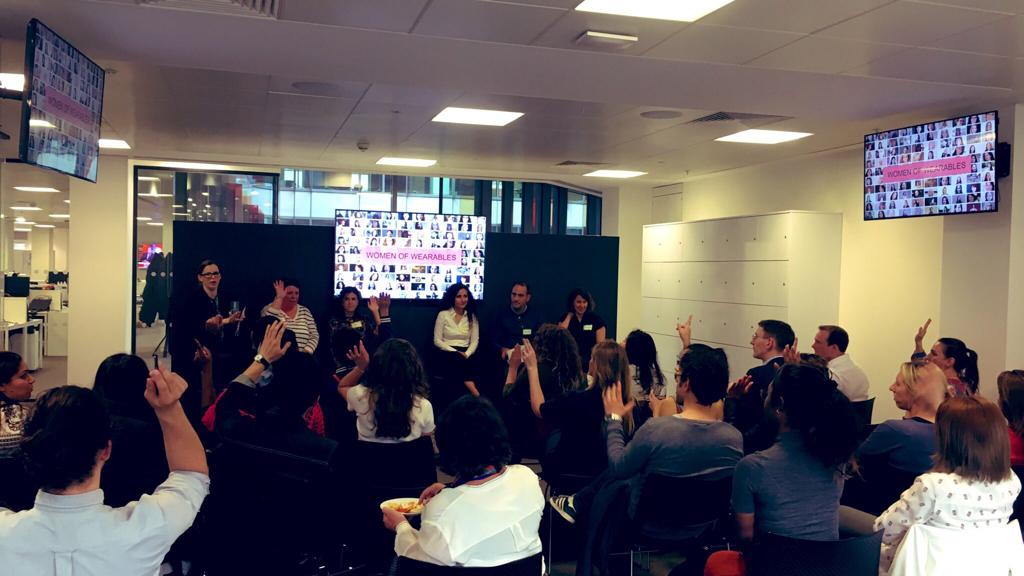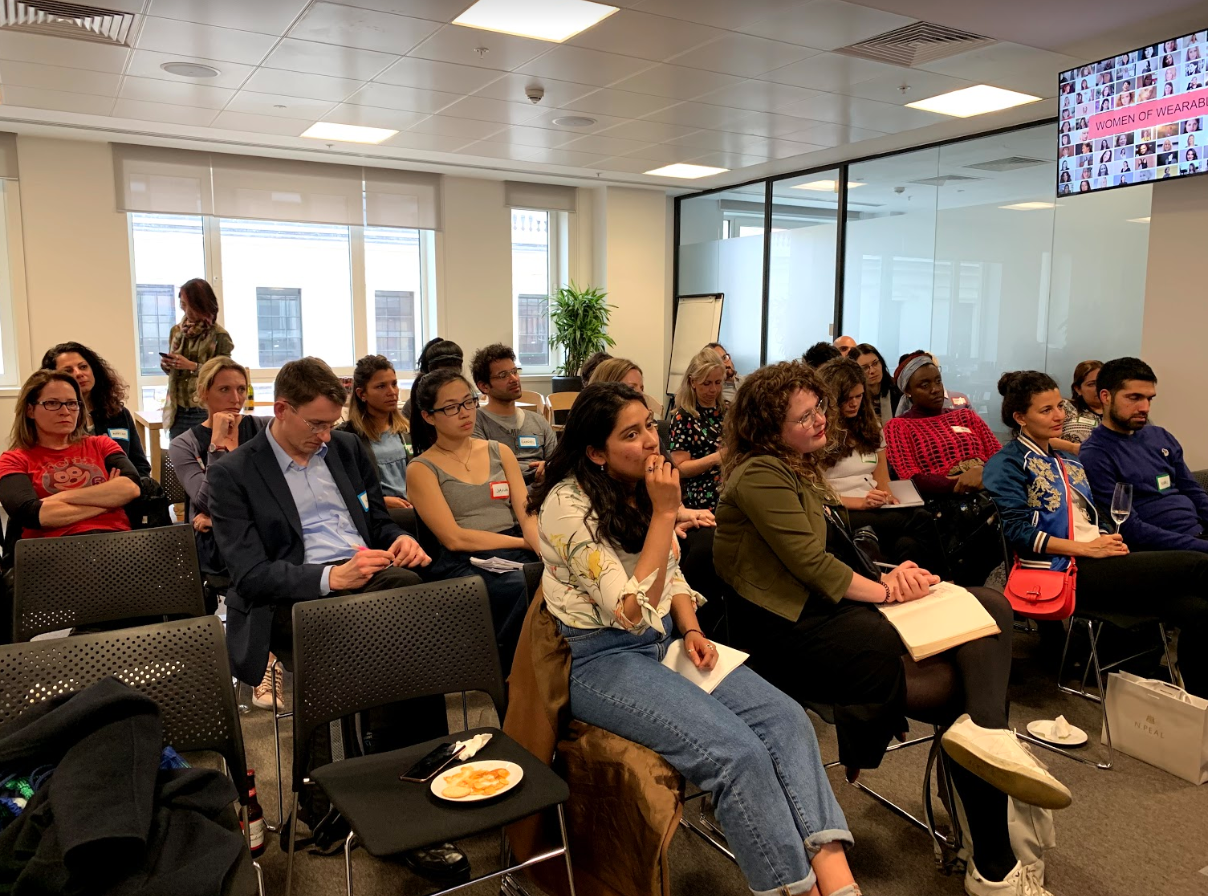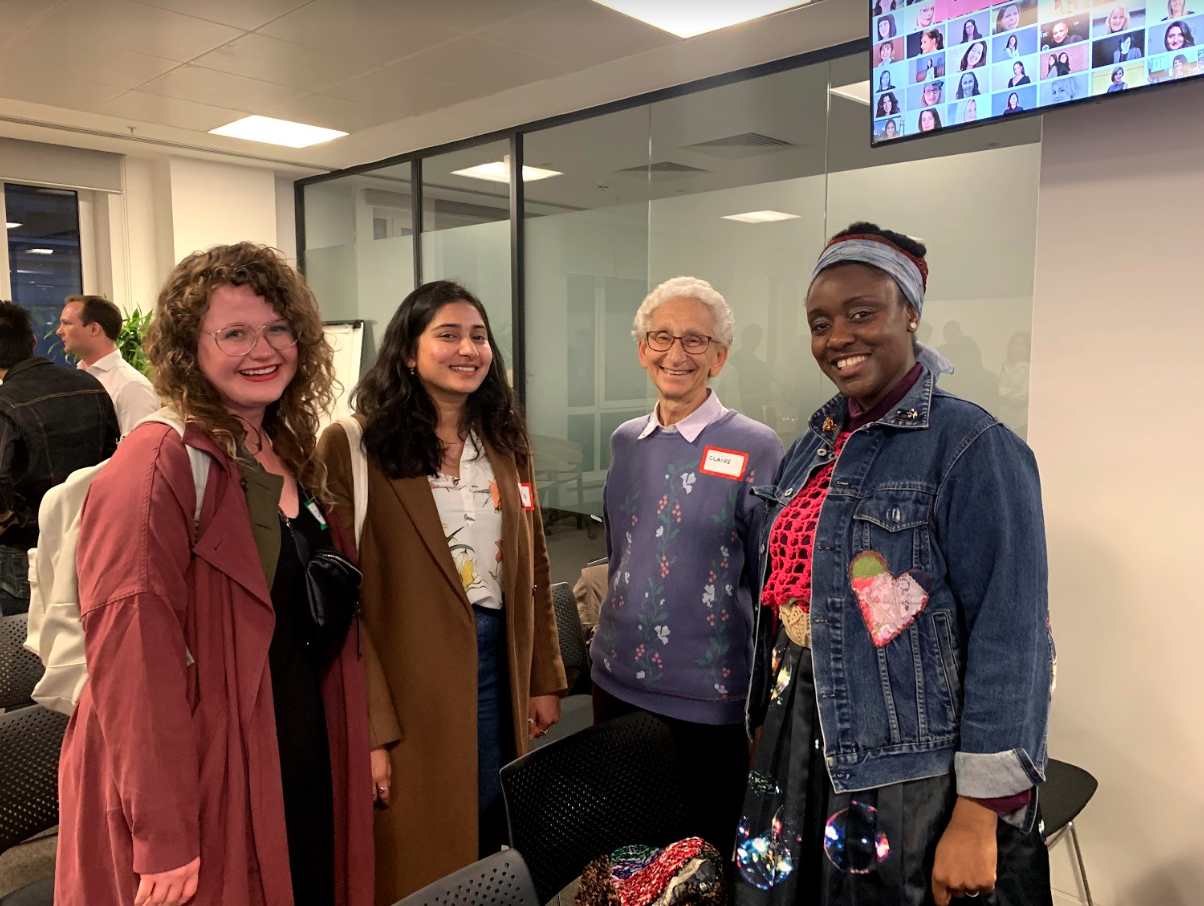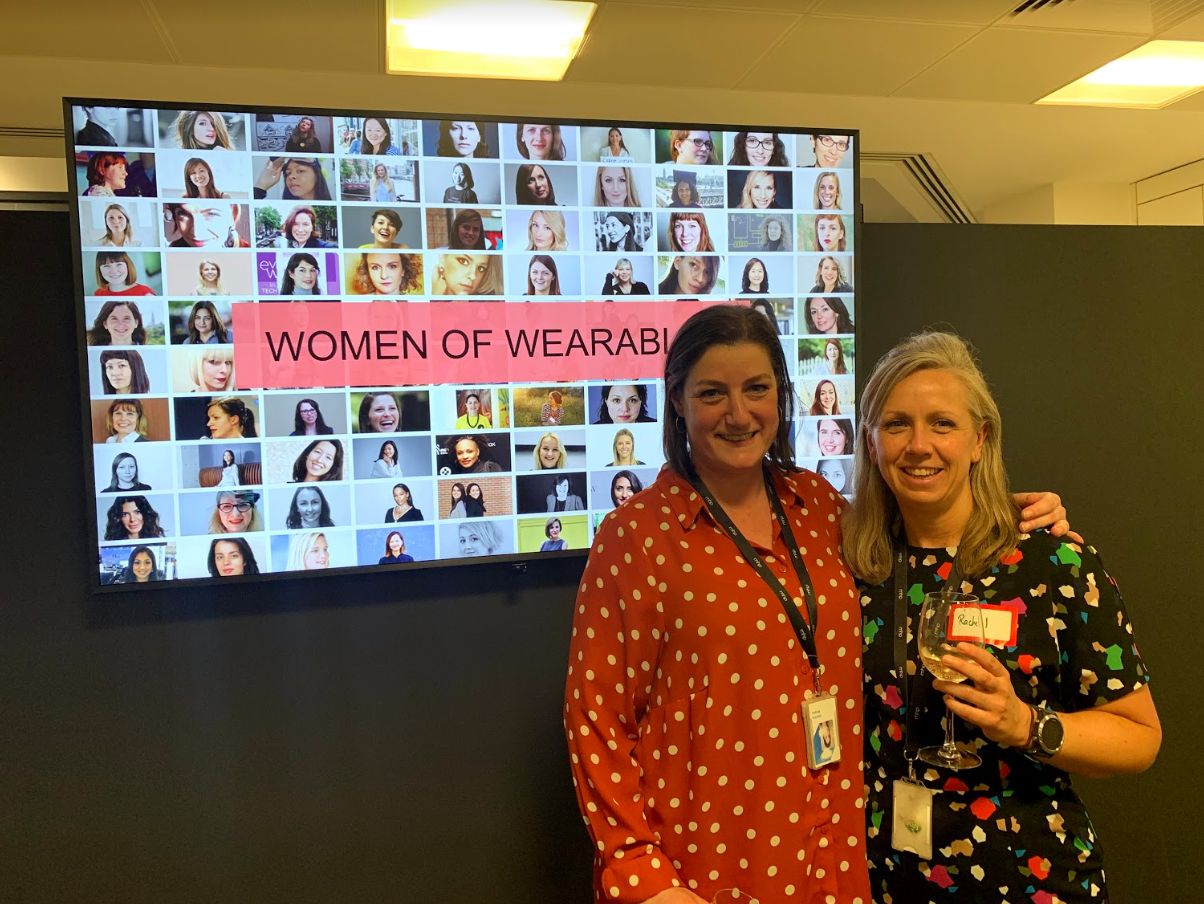Wearables & Ethics, London April event
Internet of Things (IoT) is an ever-growing field with more and more products and services being connected to the internet every day. As such, according to a report by Internet Society published in 2015, 100 million IoT devices will be connected to the internet with a global economic impact of $11 trillion by 2025.
IoT technologies in general, but wearable technologies in particular, have come under substantial scrutiny in the last couple of years due to high-level security and privacy breaches. As a result, they are often presented in media as insecure and highly risky technologies for personal privacy. Moreover, wearable technologies have the potential to blur the boundaries between machine and human, as demonstrated by possibilities of ‘upgrading’ human skills and capabilities through RFID tags, data mining, enhanced sight and vision through cameras and hearing devices attached to human bodies and other new computing technologies.
With all this in mind, for our May event, we decided to focus on ethics to have a conversation about what kind of ethical visions wearables carry for the future, and how their developers engage and represent those ethical visions in their products. By focusing on the ethical visions of developers, rather than the risks and challenges of the products, we hope to start a new discussion in the field of IoT about how wearables can be done ethically and responsibly. We are bringing together founders, researchers and technologists who will share their stories and views on ethics and wearables, IoT, machine learning, AI, blockchain and everything in between.
Event was hosted at our partners and sponsors MHPC Communications offices in central London.
Some of the awards MHPC got over the years


Our panelists were:
Funda Ustek-Spilda is a postdoctoral researcher at London School of Economics, Department of Media and Communications. She is currently working on a project titled Virt-EU: Values and Ethics in Innovation for Responsible Technology in Europe which aims to understand how European IoT innovators and developers make ethically consequential decisions in their work. She obtained her D.Phil from the University of Oxford in Sociology (2015) and M.Sc in Comparative Social Policy (2010). She is interested in tech for good, responsible tech and ethics.
Alison Powell is Assistant Professor in Media and Communications at the London School of Economics and Programme Director of the MSc in Data & Society. Her research examines how people’s values influence the way technology is built. Alison spends time with two projects: VIRT-EU, a Horizon 2020 project examining ethics in practice among Internet of Things developer communities where she is co-principal investigator, and Understanding Automated Decisions, which explores how to design services to explain how algorithms work, where she is principal investigator. Her book on citizenship in smart cities will be published in early 2020 by Yale University Press.
Dr Kat Hadjimatheou is a moral philosopher and criminologist at the University of Essex. She is currently looking at the ethical implications of policing and security applications of digital tech for the Human Rights Big Data and Technology project, a 5-year interdisciplinary research project funded by the UK’s Economic and Social Research Council. Previously, she ran a confidential ethics advisory service for security technology developers, funded by the EU. She sits on a number of police ethics committees in the UK, including for the the National Crime Agency, and ethics and legal advisory boards for EU-funded security technology research projects.
Javier Ruiz leads on policy at the UK based advocacy organisation Open Rights Group. His work covers a broad range of digital rights in areas such as transparency, privacy, state surveillance and intellectual property. Javieris part of the VIRT-EU project, where he is helping create an ethical impact assessment toolkit for IoT designers and developers. He has previously worked as a union organiser, journalist and campaigner building citizen media platforms and supporting the digital activities of campaigning organisations in Europe and Latin America.
Terrie Smith is a creative technologist committed to innovation, delighting customers, and advancing wearable technology. Focused on revolutionising the Wearable and IoT market, she has utilised her expertise in mobile, contactless payments and NFC to create the world’s first secure provisioning Platform as a Service (PaaS), DIGISEQ, in 2014, where she serves as Chief Executive Officer. DIGISEQ simplifies the delivery of payment accounts whilst maintaining a high level of security enabling almost anything to support contactless payments, grant access, reward loyalty, and more — unleashing the power of the IoT, all without disruption to existing manufacturing and distribution process.
Event was moderated by - Marija Butkovic, founder and CEO of Women of Wearables.
Many thanks to our sponsors and partners MHP Communications for hosting us, providing us with food and refreshments and for their support during this event!
If you would like to stay up to date with our future events and attend our upcoming meetups, then sign up to our newsletter or join our London meetup group.
If you’re interested in speaking at or sponsoring our events and meetups, then get in touch via email at hello@womenofwearables.com.
This blog was written by Marija Butkovic, Digital Marketing and PR strategist, founder and CEO of Women of Wearables and co-founder of Kisha Smart Umbrella. She regularly writes and speaks on topics of wearable tech, fashion tech, IoT, entrepreneurship and diversity. Visit marijabutkovic.co.uk or follow Marija on Twitter @MarijaButkovic @Women_Wearables @GetKisha.







